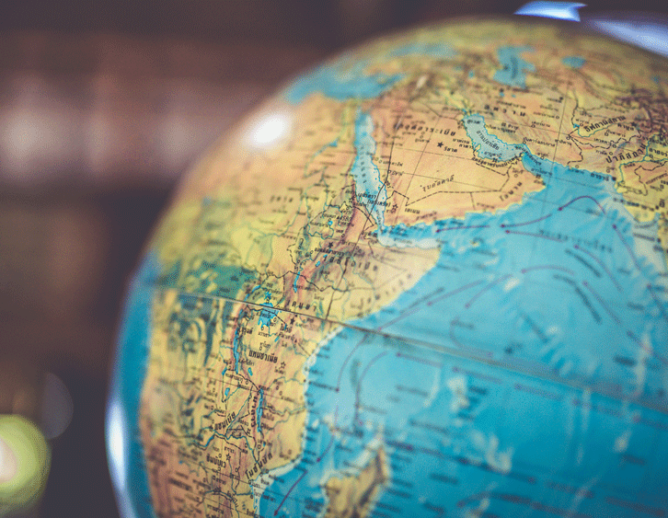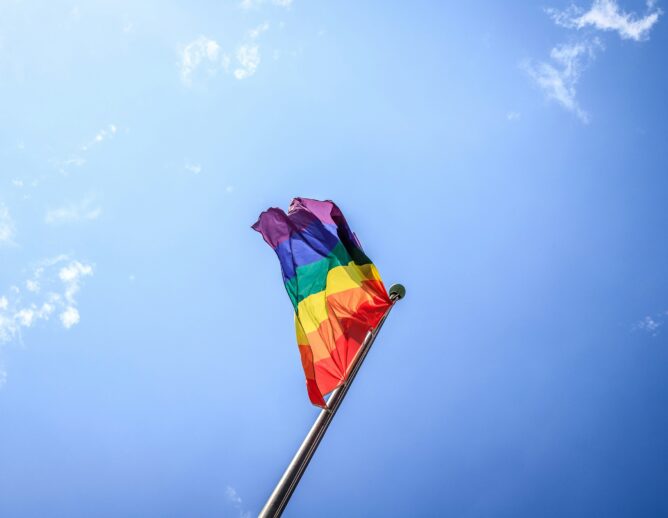You thought all was taken care of with Ebola, that the epidemic in West Africa was coming to an end. That’s what has been in our newspapers, the Ebola headlines when we still see them.
And looking across the three countries, it is true. Cases in Liberia have plummeted from their heights. More recently, cases in Guinea fell to the lowest level in months (though then edged upward). And even in Sierra Leone, after continuing to soar tragically upward well after cases in Liberia had begun falling, cases have fallen dramatically. Today, thankfully, the storyline is increasingly one of progress, recovery, returning to a more normal existence.
But before the drop-off in Sierra Leone, it had spiked well after the international community became fully seized of the Ebola crisis.
Something particularly awful happened in Sierra Leone at the end of last year, even after the world’s highly belated mobilization against Ebola. Dr. Dan Lucey of Georgetown University has been on the frontline against Ebola in Liberia and Sierra Leone, and bears witness. In this recent talk (at 1:01-1:03 mark), he relates how the treatment center he was working at in Freetown, Sierra Leone’s capital, had to turn Ebola patients away in December because it was full. People in the most desperate condition, vomiting, bleeding, in great pain, turned away from an Ebola treatment center established for just such people. Turned away, with no treatment, so very likely to die, and quite possibly infect others, bringing this same suffering to them.
I was shocked. The international community should be mortified about what happened under its watch. We should all be enraged. How had Ebola gone so quickly off the international agenda – or at least pushed so far to its margins – when there was so much still to do?
And even with all the progress, there is still much to do. International support must continue, from health workers to money. The United Nations still needs about $1 billion in additional funds to support Ebola operations through June. Until the number of new cases falls to zero, the risk of further spread, or spikes in the number of people infected, remains. The Ebola epidemic is not over until it is over.
It’s not over until it’s over. The same could be said of a very different crisis, one that began more than a decade ago, that the world seems to have brushed its hand clean of some years back now: the genocide in Darfur. Long off the global radar, the conflict there was never resolved. Sudan’s president Bashir is back to his former ways. Sudanese bombing of Darfur has resumed; at least 20,000 civilians were forced to flee their homes in this first few weeks of this year, following nearly half a million last year, the most in a decade. And Bashir is calling for the UN peacekeepers to leave. The UN is indeed reducing the size of its peacekeeping force.
Meanwhile, global fecklessness has led the prosecutor of the International Criminal Court (ICC) to suspend the investigation into genocide, crimes against humanity, and war crimes in Darfur. Several countries have let Bashir onto their territories despite being members of the ICC, and therefore obliged to arrest him and turn him over to the Court, which has issued his arrest warrant. The UN Security Council has failed to pressure these states that could have arrested him, or three other Sudanese whom the ICC has also indicted for grave crimes in Darfur.
We move on. Global attention largely moved away from Ebola before the job was done, before all that needed to be in place was in place, and people were needlessly turned away from a treatment center to die. Thankfully, the response – internationally, but above all by heroic local health workers and community members who have made the changes necessary to curtail the disease’s spread – has been enough to enable Guinea, Liberia, and Sierra Leone to turn the corner. Still, the response must continue, from UN funding to developing a vaccine, until there are zero new cases – as WHO’s Executive Board has recognized.
The world moved beyond the genocide in Darfur, never resolved. And so it flared up again. More death, more people fleeing from their homes.
Until the global community finds a way, until it structures itself, both our mindset and our institutions, to retain high-level focus on conflicts until they end and during the lengthy process of healing and restoring trust, of epidemics until they are wiped out, of humanitarian disasters until communities are rebuilt, the stories of these past months, tragic in their avoidability, will return again and again. The changes will require creativity and commitment, but could this charge be any more important?
Latest
FDA v. Alliance for Hippocratic Medicine: Recapping the Supreme Court’s Oral Argument
Suhasini Ravi Rebecca Reingold



